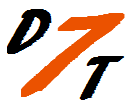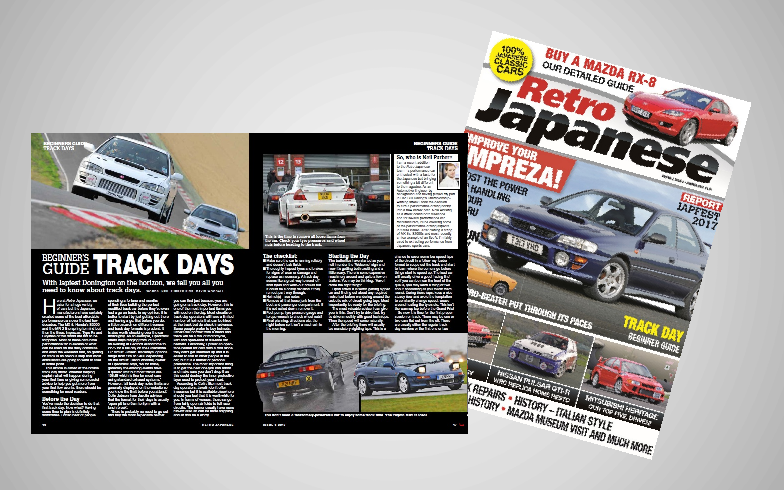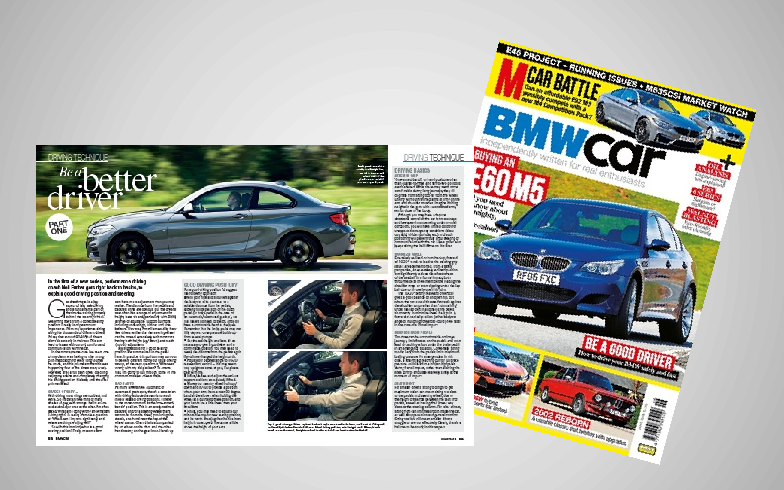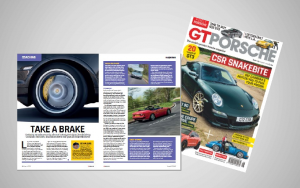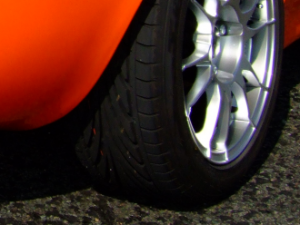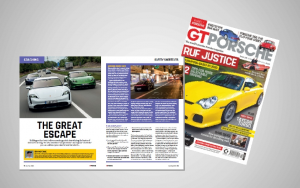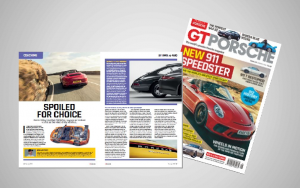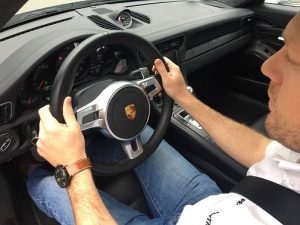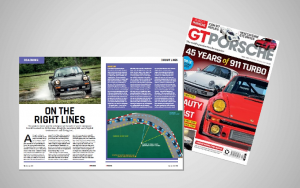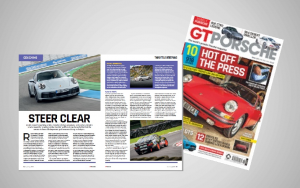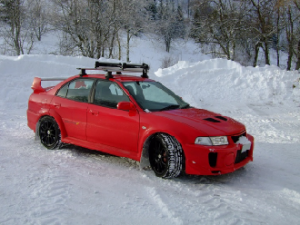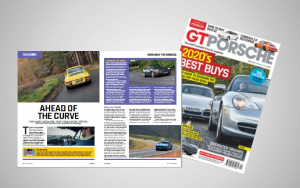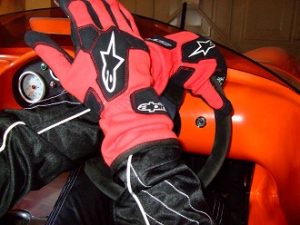So when this topic came up I was interpreting it in two ways: Either the tools, equipment and accessories kept in the car for general use and spirited driving/trackdays or the set of skills an all-round driving enthusiast should possess or at least aspire to acquire.
Frankly, the choice came down to whether anybody would read it or not so I opted for the latter. If you’ve got this far I’m sure that talking through skills from one enthusiast to another will be far more interesting than whether I carry spanners or not and what I do with my torque wrench at a trackday.
So, what makes a skilled driver? Somebody with lots of experience? Somebody who practices regularly? If not, then what or who? Certainly, a skilled driver can be built and tuned by a great driver coach, and with the right information, even by themselves, but what is the ‘right’ information? They say practice makes perfect, but to quote Ross Bentley, “Practice doesn’t make perfect; only perfect practice makes perfect.” In fact Ross seems to have hit the figurative nail squarely on the head with a perfect swing of his well-considered hammer. Experience or simple practice does not necessarily make you better at something, and in the case of driving, I would go as far as to say that rarely would it be true.
Now it is honesty time. Hands up those who have driven for many years (potentially with no accidents) and for many miles since passing their test? Those that consider themselves experienced or skilled (at least more skilled than others on the road) keep those hands up, any others please lower your hands. Finally, anybody remaining with their hands up, please keep your hands in the air if you have recently undertaken formal driver training, attained new classes of licence or bought, fully read and digested specialist driving books. The rest, please lower your hands. Obviously we aren’t in a classroom and I can’t see anybody but having asked similar questions with many clients (even keen drivers), generally the hands will go down after the final question.
So to try and avoid waffling, we really end up at our habits. If a driver repeatedly practices carrying out a task in the best way that they can, they can form and retain a good habit. Otherwise, they will form any number of bad habits. These may even deteriorate to end up so far from where they started that it becomes an uphill struggle to change and frankly isn’t worth the effort in the eyes of most drivers. Without wishing to turn this into a quote-fest I’ll just add another. “We are what we repeatedly do. Excellence then, is not an act, but a habit.” It may have been lightly modified but this is the spirit of the words of Aristotle, a Greek Philosopher who obviously spent some serious time thinking about it. With this in mind I often ask, “If you are going to have a habit, why not make it an excellent habit?” Rarely does this ever prove a point of contention and perhaps deservedly so. After-all when we are tired, it is the subconscious habits that we fall back on. If these are the safest, smoothest, most efficient ways of performing regular tasks that must be a good thing.
This may seem a long way from the tool-kit we aim to cover but actually may set the scene rather well. The drivers who have written books or achieved great things in the motorsport world often consider themselves to be continually learning and aiming to improve. This should provide some inspiration for the rest of us to keep furthering ourselves and not settle for being yet another sheep commuting down the motorway, realistically oblivious to what we could do better. So the tool-kit refers to the range of tools or skills that can be employed depending on the circumstances: the mood, the vehicle, the load/occupants, the conditions… The list goes on.
Any well-qualified and talented driver coach will have developed and will share a range of driving modes. Perhaps ultimate fuel efficiency, ultimate performance or spirited, yet safe progress to name but a few. Each mode can share or have a unique set of habits. The way the driver operates the controls or sets up the car for a corner may well be very different depending on their objective and which mode they are driving in. This may even change throughout the journey. Consider a Sunday morning blat in the countryside with space and optimal conditions but with a busy congested town centre on the way there. Surely the modes adopted should be very different for the two circumstances. High revs in 1st are hardly the way to deal with the high street!
I’m conscious this is getting long so I’ll wrap it up. The key to adding skills to the tool-kit is looking for inspiration or coaching in the relevant disciplines/modes and not writing-off any as useless. All too often, certain groups or organisations don’t recognise or choose to banish skills from another since it is not considered the ‘right’ way to do things. Surely being able to do them all to a level of excellence and choose depending on the situation is far more valuable. You could hit Ross’ aforementioned nail with the handle of a screwdriver but surely a hammer would be a better choice? Even then, have you chosen the perfect weight of hammer, optimal for the conditions, and is the swing excellent? There are often useful cross-overs between skills. My most useful example being motocross and drifting. I had never properly ridden a motorbike but having done plenty of downhill mountain biking and drifting cars it only took me a couple of hours with the bike to have it drifting nicely on the loose gravel of a Wales-based motocross circuit. This is not trumpet-blowing, just a way of illustrating how the knowledge of power, grip and weight transfer can be applied from one discipline to another and how learning a new skill can even improve the original skill.
So the tool-kit is a range of skills and how effective they are is dependant on habits. The greater in number and wider the range of skills catered for, the more options a driver has to apply to the given mode or situation. Ultimately, to keep those skills razor-sharp and of the best quality, dedicated self-coaching or external help are the way to go. Only focused practice will form and maintain excellent habits. Now, where are my car keys?
NF

